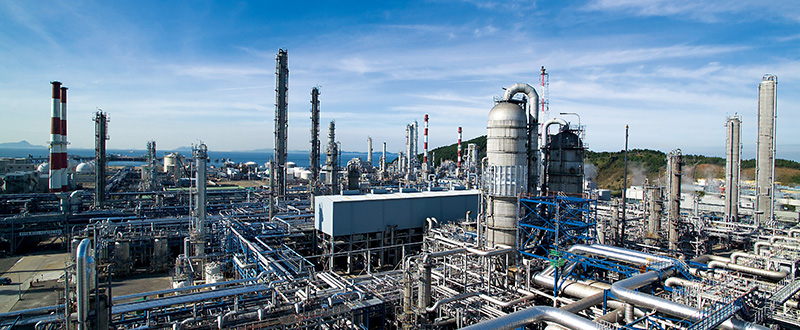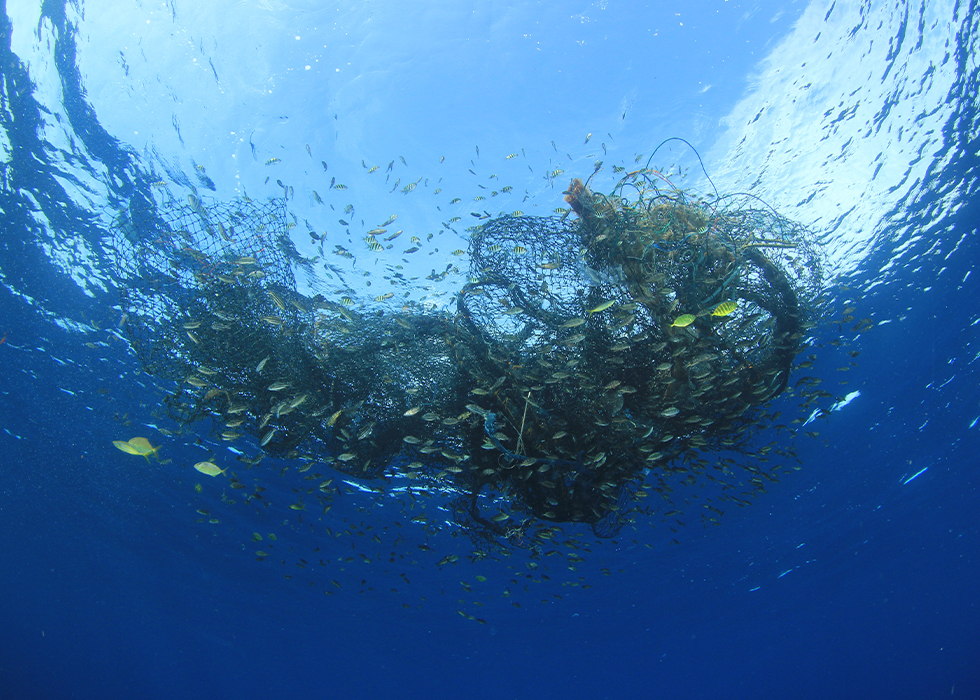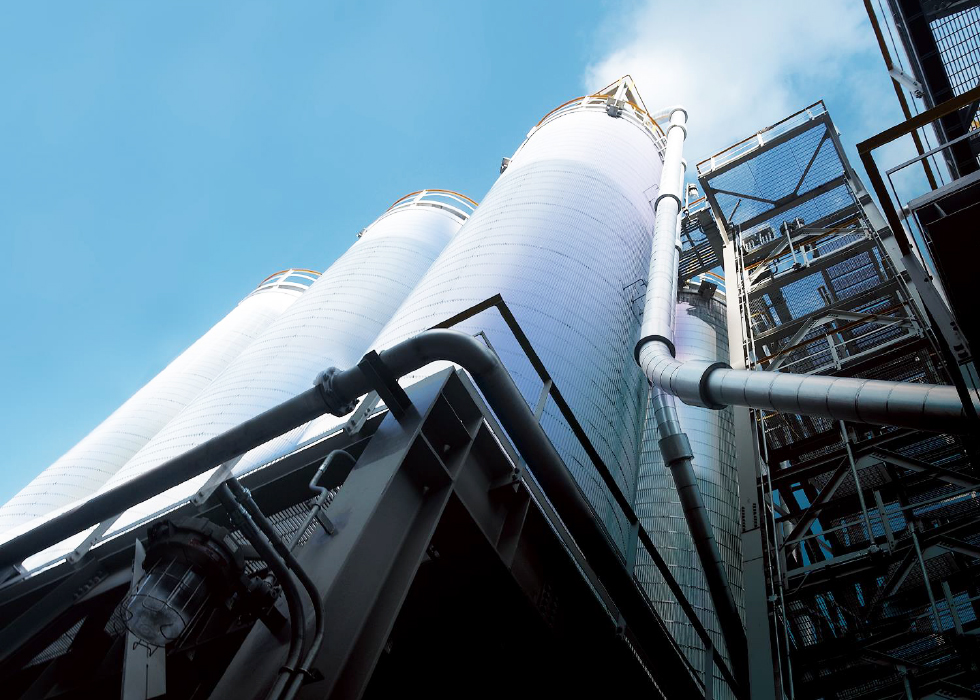Hanwha TotalEnergies Petrochemical Receives ISCC PLUS Certification
- Hanwha TotalEnergies Petrochemical has acquired International Sustainability & Carbon Certification (ISCC) PLUS certifications for the sustainable traceability of its raw materials, including its synthetic resins, butadiene (BD) and styrene monomer (SM).
- The company plans to introduce bionaphtha and pyrolytic oil-based naphtha for sustainable low-carbon products.
- The certification marks a major step in strengthening Hanwha’s ESG competitiveness in the sustainable plastics market.

Hanwha TotalEnergies Petrochemical’s Daesan Petrochemicals Complex in South Korea.
On May 23, Hanwha TotalEnergies Petrochemical announced that its synthetic resins and petrochemical feedstock products obtained International Sustainability & Carbon Certification (ISCC) PLUS certifications further strengthening its environment, social and governance (ESG) credibility.
Aligned with the European Union Renewable Energy Directive (RED), ISCC PLUS is an international certification program that ensures the traceability of raw materials throughout the value chain. Around 130 global refineries, petrochemical and feedstock producers currently hold ISCC PLUS certifications.
Hanwha TotalEnergies Petrochemical received ISCC PLUS certifications for five of its synthetic resins, including ethylene vinyl acetate (EVA)¹, low-density polyethylene (LDPE)², linearlow-density polyethylene (LLDPE)³, high-density polyethylene (HDPE)⁴ and polypropylene (PP)⁵, as well as for two of its feedstock, butadiene (BD)⁶ and styrene monomer (SM)⁷.
The certifications can help reduce the carbon footprint of customers that are expanding their sustainable product offerings, including clothing and home appliances, that use EVA or other synthetic resins. Furthermore, the company acquired ISCC PLUS certifications for its BD and SM, feedstocks used for acrylonitrile butadiene styrene (ABS) and polystyrene (PS) thermoplastics which are expected to increase in demand along with sustainable products.
For the production of ISCC PLUS certified products, Hanwha TotalEnergies Petrochemical plans to replace fossil fuel-based naphtha with bionaphtha as well as naphtha derived from pyrolytic waste plastic oil.
Bionaphtha is made from soybean oil, palm oil and used cooking oil. While its price is at least three times higher than the existing fossil-fuel-based naphtha, bionaphtha is gaining attention as a promising next generation sustainable feedstock. Pyrolytic oil naphtha, used in petrochemical processes, results from a process in which waste plastic-based pyrolysis oil is filtered to remove impurities.
Hanwha TotalEnergies Petrochemical plans to introduce renewable naphtha for process testing and pilot production starting in June. The company will continue to explore additional applications for low-carbon plastic.
“The ISCC PLUS certification helps the company improve its sustainable solutions through the production of low-carbon plastic products made from recycled plastic waste feedstock,” said an official at Hanwha TotalEnergies Petrochemical. “As the demand for sustainable products increases in the plastics market, the move will help further secure the company’s ESG competitiveness.”
| ¹ Ethylene vinyl acetate (EVA) is a synthetic resin produced by copolymerizing ethylene and vinyl acetate. Its density, flexibility and elasticity may vary depending on the amount of the vinyl acetate. EVA has various applications including sneaker sole and other foam molded products and film adhesives. ² Low density polyethylene (LDPE) is a resin with high processability, flexibility and transparency and used for transparent film for agricultural and wrapping purposes, cable cover and disposable products. ³ Linear low density polyethylene (LLDPE) has similar characteristics as LDPE but is specialized for manufacturing vinyl. ⁴ High density polyethylene (HDPE) is a synthetic resin with strong resistance against impact and cold and used for various containers and plastic boxes, etc. ⁵ Polypropylene (PP) has wide applications such as film, textiles, parts for automobiles, electrical and electronic products, containers, disposable products etc. due to its outstanding tensile, impact and surface strength and strong thermal and chemical resistance. ⁶ Butadiene (BD) is an upper feedstock for various synthetic rubbers such as automobile tires and acrylonitrile butadiene styrene (ABS), a high value-added synthetic resin. ⁷ Styrene monomer (SM) is a high-level feedstock for polystyrene (PS), a styrofoam material, styrene butadiene rubber (SBR), a raw material for synthetic rubber, and ABS, a high value-added synthetic resin. |
Hanwha TotalEnergies Petrochemical
Since 1988, Hanwha TotalEnergies Petrochemical has successfully led South Korea’s petrochemical business expansion through pioneering product development and a dynamic market expansion strategy. In 2003, the company established a joint venture with TotalEnergies, a major international chemical and energy company based in France, further positioning itself as a global leader in the chemical and energy industries. This venture was recognized as a newly incorporated affiliate of Hanwha Group in 2015. With a substantial portfolio of polymer, base chemical and energy products, in addition to retaining the No. 1 market share in numerous markets, Hanwha TotalEnergies Petrochemical will continue to leverage its partnerships and innovative technology to equip the future of sustainability.
For more information, visit: www.htpchem.com/EN
Get the latest news about Hanwha, right in your inbox.
Fields marked with * are mandatory.
- Non-employee
- Employee




